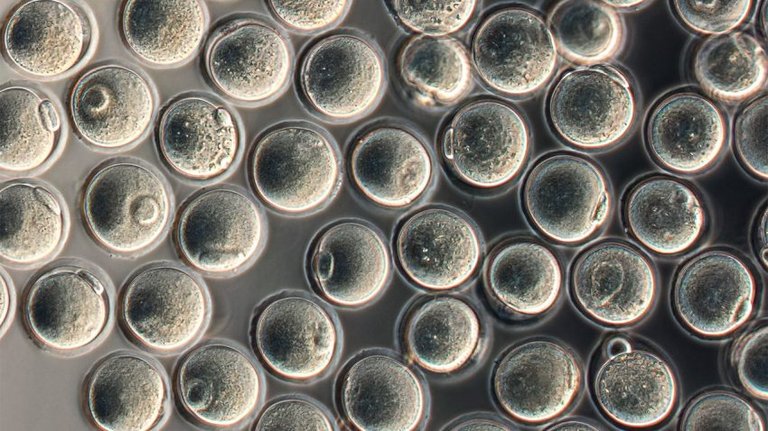Embryos in laboratory, opportunities and concerns

The frictions between the possibilities of technology, ethical approach and legal norms have been frequent and examples of this are the litigation in the history of assisted fertilization: in vitro fertilization, embryos with DNA of three people… Regulatory institutions have made decisions on these issues and scientists act under them. However, whenever new opportunities arise, questions are renewed and that is what has happened now, when researchers have shown that they are able to create eggs and sperm from mature cells. The research was conducted in Japan and, from the skin cells of mice, they were able to produce eggs and date them in the laboratory. Specifically, 300 embryos were formed. These embryos were introduced to mouse females and 11 offspring were born. That is, 3% of embryos advanced. It is clear that they will have to sharpen the technique enough to raise it in humans. But some have already begun to study this possibility. In fact, the journal Science Translational Medicine has just published an article about it, taking into account the advantages and drawbacks.
The authors are three researchers from Brown and Harvard Universities, and it is evident that this advance benefits people who do not generate sperm or eggs. Unlike sperm, obtaining eggs is a problem in fertility clinics. In addition, the abundance of embryos would facilitate the choice of the most suitable embryos for implantation in the uterus and the existence of healthy children. From an ethical point of view, researchers raise doubts. For example, they mention the risk that embryos are created à la carte and embryos lose value. And they have also asked difficult questions: What if with anyone's skin cell they created sperm or eggs without their consent? What right would that person have about a child born from there?The situation can be further complicated: What would happen if a cell in my skin generated a sperm with which to produce an egg? Are these options and doubts scientifically fictional at the moment, but they may be true in the future. By then, in addition to resolving doubts, it would be advisable to reach a social consensus. The debate is on the table.
Published in the newspaper Berria.
Buletina
Bidali zure helbide elektronikoa eta jaso asteroko buletina zure sarrera-ontzian











